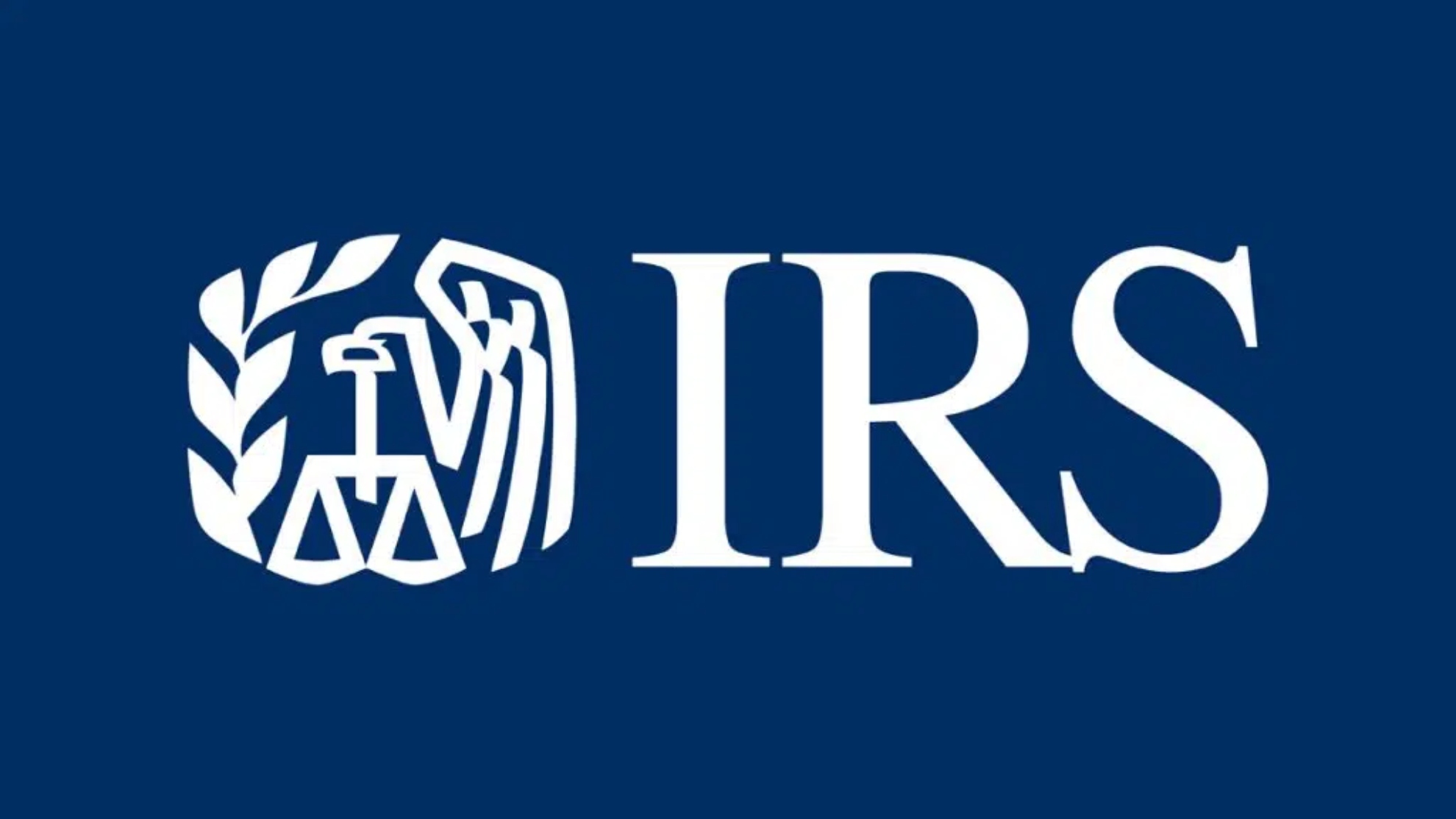The US Internal Revenue Service (IRS) has updated its international practice unit, Section 861 – Home Office and Stewardship Expenses, on 28 March 2025, focusing on the deductibility of home office and stewardship expenses by a US branch of a foreign corporation.
Here’s an overview:
Issue and Transaction Overview
Note: This Practice Unit was updated to remove references to resources that are no longer current or available and to correct minor typographical or formatting errors. Slide 3 was updated to remove a reference to Form 1120-F, Schedule H, line 40(a) because this line reference was inaccurate. It supersedes the 09/09/2014 Practice Unit of the same title.
Foreign Corporations (FC) may operate in and earn taxable income in multiple jurisdictions including the U.S. In the case of an FC operating in the U.S. through a formal or de facto branch, the FC is required to file a Form 1120-F, U.S. Income Tax Return of a Foreign Corporation, and may have a U.S. tax liability.
The FC is required to calculate its taxable income and report the earnings of the U.S. branch (USB) that are effectively connected with the conduct of a Trade or Business within the U.S (Effectively Connected Income, or ECI). As part of this calculation of ECI, the U.S. branch is allowed to deduct expenses associated with the earning of such income. The amount of expenses definitely related to the ECI are generally deductible in the calculation of ECI based on normal domestic principles such as “reasonable” and “ordinary and necessary.” Taxpayers should report total expenses that are definitely related to ECI on line 11, Part I, and line 39(a), Part IV, of Schedule H (Form 1120-F). Indirect expenses, such as those expenses incurred by the foreign headquarters, or a brother-sister branch, on behalf of the U.S. branch, and related to the trade or business of the U.S. branch in earning its ECI, may also be deductible in part, or possibly, in whole. It is necessary that the FC make an allocation and/or apportionment to the U.S. branch of these types of expenses in order to clearly reflect ECI. The methods and principles of Treas. Reg. Secs.1.861-8 through 1.861-17, 1.861-8T through 1.861-14T, and 1.882-5 (the 861 and 882-5 regulations) as well as the general rules for deductibility as stated above apply. In general, the regulations require that deductions be allocated to gross income based on a reasonably close factual relationship. Taxpayers should report total indirect expenses apportioned to ECI on line 16, Part II of Schedule H (Form 1120-F) and line 26, Form 1120-F, Section II. This means that in earning gross income of a particular type or class, certain expenses may be necessary. The deductions resulting from such expenditures are allocated and apportioned to such gross income to the extent that a reasonably close factual relationship exists. As always, the resulting taxable income must be clearly reflected.
CAUTION: The Examiner should be aware that Foreign Corporation (FC) taxpayers with a U.S. branch (USB) may use a variety of different terms and accounting practices. For example, Home Office (HO) may refer to the aggregate of non-U.S. activity of FC, or it may refer only to a headquarters branch in the country of incorporation. The Examiner must understand the terminology used by FC. When accounting for the activity of a USB, FC may maintain separate books and records for the USB in the United States, may allocate and apportion activity of FC to the USB, or may use some other method or combination of methods. The Examiner must examine the method or methods FC uses for calculating the ECI of USB. Additionally, the Examiner should remember that the allocation and apportionment used by FC may or may not be acceptable under U.S. tax principles, especially IRC Sections 861 and 882 and the regulations thereunder. Those sections and regulations set forth rules and methods to identify the appropriate expenses that are attributable to ECI whether those expenses are recorded on the HO’s books or the USB’s books. The expenses recorded on the HO’s books are reported on Parts I and II of Schedule H (Form 1120-F), and the expenses recorded on the USB’s books are reported on Part IV of that schedule.
In the interest of clarity, in this unit the term Foreign Parent Home Office (FPHO) refers to the aggregate non-USB activities of FC. Thus, if FC is comprised of a U.K. branch (HO), a French branch and a U.S. branch, FPHO would refer to the exclusive combination of the U.K. and the French branches, and not the U.S. branch.
This Practice Unit addresses primarily the deductibility by a U.S. branch (USB) of expenses actually on the books of FPHO. It also identifies the general rules for determining the amount of those expenses deductible by USB in its calculation of ECI. The Examiner must keep in mind that even if the expense is recorded on the books of the USB, the expense may not be deductible for ECI purposes. This Practice Unit does not address any treaty implications which may be present.
The examiner should first determine if the USB deducted any expenses booked on the FPHO books or allocated or apportioned by FC to the ECI of USB. Then the examiner assesses the deductibility of such expenses and then determines if the amount deducted in the calculation of the ECI of USB was proper.















